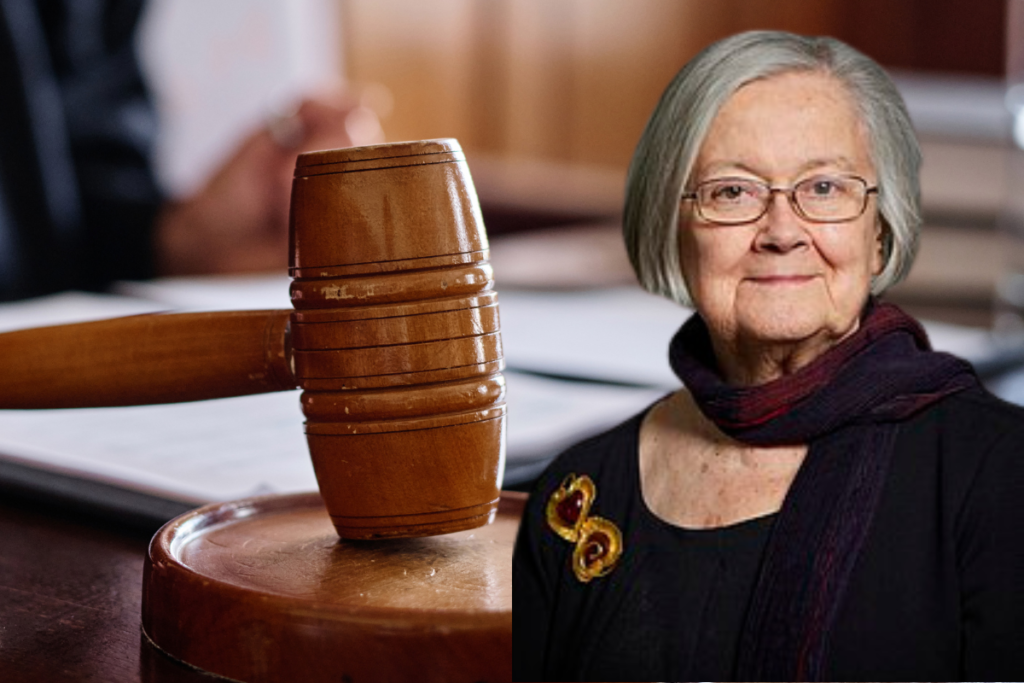Labour MP Kim Leadbeater is standing firm as her controversial assisted dying bill approaches its final vote in Parliament. After years of political hesitation and emotional debate, she believes now is the time for Britain to join other progressive nations in giving terminally ill people the right to end their lives with medical assistance, safely, legally, and on their terms.
Leadbeater’s bill, formally known as the Terminally Ill Adults (End of Life) Bill, would allow mentally competent adults with a terminal illness and less than six months to live to request an assisted death. The bill has already passed a second reading in the House of Commons and undergone six months of intense committee scrutiny. It no longer requires approval from the High Court for each case; a major change designed to streamline the process and reduce delays. Instead, each request would be reviewed by a new multidisciplinary panel made up of doctors, legal experts, and social workers, an approach Leadbeater says ensures both compassion and accountability.
Still, the legislation has sparked fierce debate. While supporters argue it offers a dignified choice for those in unimaginable pain, critics warn it could lead to dangerous consequences. Disability rights advocates, mental health professionals, and some religious leaders have raised concerns about the risk of vulnerable people being coerced or feeling pressure to end their lives. Conservative MP Danny Kruger has gone as far as to call the bill’s safeguards “rushed” and “flawed,” accusing Leadbeater of sidestepping vital judicial oversight.
The divisions extend into Leadbeater’s party. Blue Labour leader Dan Carden, who once abstained on the issue, has announced he will vote against the bill, citing fears about societal pressure on the elderly and disabled. Even Health Secretary Wes Streeting and Justice Secretary Shabana Mahmood have expressed concerns about the bill’s implications, suggesting more work is needed before the UK makes such a significant legal shift.
Leadbeater remains undeterred. For her, this is personal, not just political. She has heard too many stories from grieving families who watched loved ones suffer needlessly, or who felt forced to seek help abroad. “This is about giving people choice and dignity,” she says. “We can’t keep looking away.”
With the final vote looming, the outcome is uncertain. But one thing is clear: Britain is on the edge of a profound moral decision, whether to trust its citizens with the most personal choice of all.



